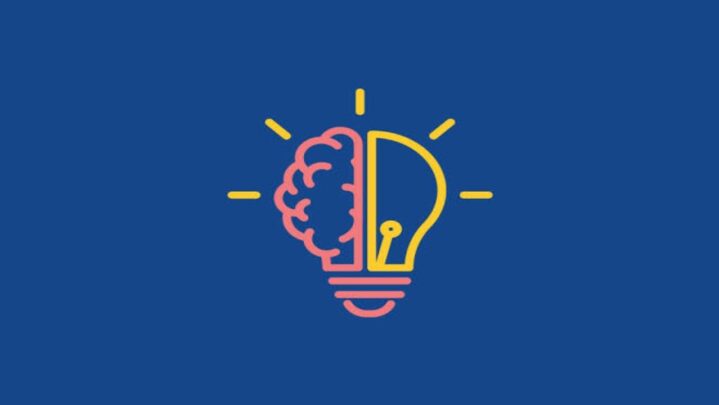The meanings of knowledge and wisdom are frequently mixed up and misunderstood. Not all of us are aware that the meanings of these two phrases are vastly different. The distinction between wisdom and knowledge is defined by their definitions. When someone obtains knowledge through reading or hearing, they are said to be knowledgeable. On the other hand, wisdom is achieved when one employs the bits of information gathered, or what we call knowledge, to make decisions and judgments. When compared to knowledge, wisdom is indeed a superior level.
However, without information, one cannot have wisdom or be referred to as wise. And knowing something isn’t enough if you don’t put it to good use. This suggests that for someone to make successful life judgments, the two terms must work together.
Knowledge is the outcome of gaining information, while wisdom is the result of putting that learning to use in everyday life. When a person reads, they learn and get knowledge, but when they apply that knowledge to make judgments, such as recognizing what is right and wrong, they gain wisdom.
Wisdom may be gained through knowledge and experience, whereas knowledge can be gained through reading and learning. Knowledge has an important role in wisdom. It is necessary to read and learn to be knowledgeable. It will be sufficient to develop information if you have the necessary resources, such as books and a mentor. Wisdom, on the other hand, can be gained through having sufficient knowledge and daily life experience in which one can apply their knowledge, such as when deciding between two possibilities or judging various elements of life.
Wisdom is timeless, whereas knowledge is subject to change. Because people learn new things every day, their knowledge evolves at a rapid pace. Wisdom, on the other hand, is something that never goes out of style. It is impossible to be wise one day and foolish the next. When someone becomes intelligent, there’s a good chance they’ll stay that way for the rest of their life. Of course, this requires continuous learning and knowledge acquisition.
When answering a common question, one uses their knowledge, but when judging and making intelligent decisions, one uses their wisdom. When there are multiple options or moral issues to consider, such as choosing between two possibilities that would result in various results, or deciding whether a specific action is right or wrong, wisdom is used.
Not everyone can be wise, but almost everyone can be knowledgeable. By gathering information, everyone can acquire knowledge. However, not everyone who knows a lot also knows a lot. They cannot be regarded as knowledgeable until they put their knowledge to good use and put it to use in their daily lives.
Keep reading successyeti.com
Also Read: Reading Books Is Key To Knowledge & Success





